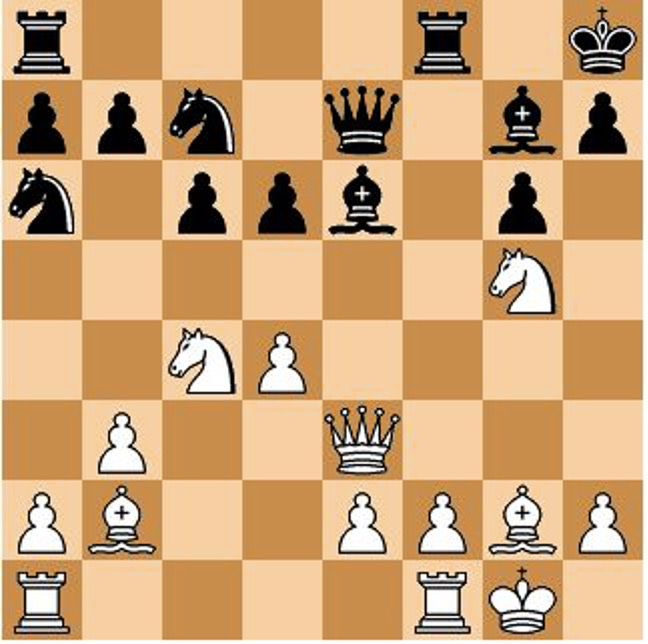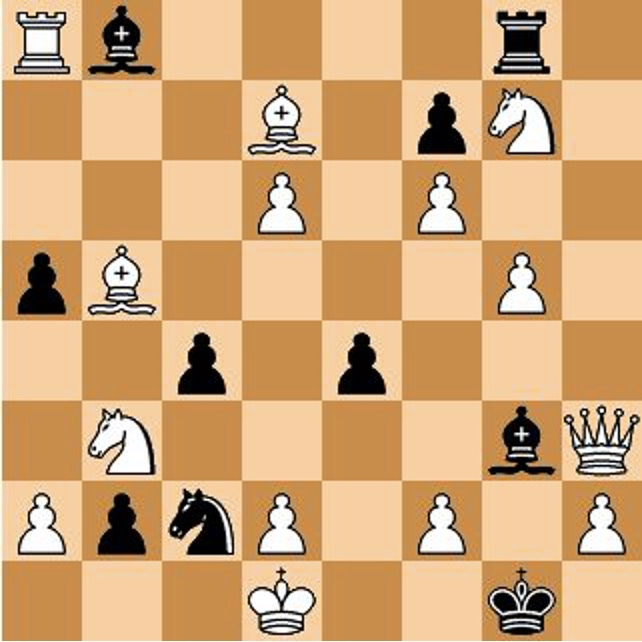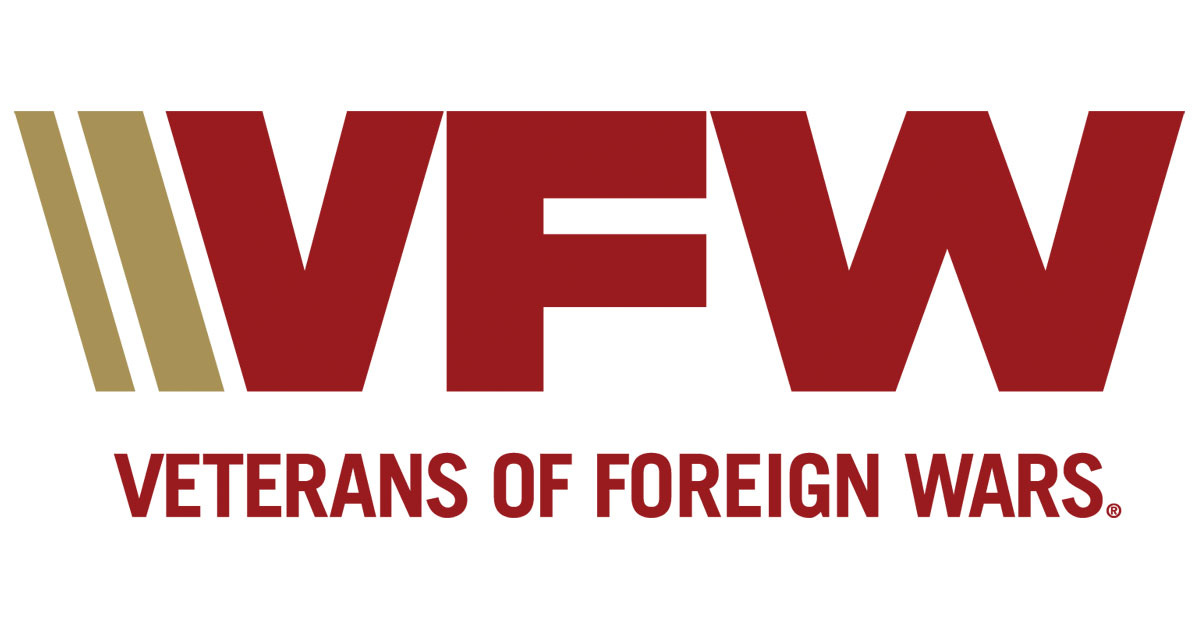
Lessons from Chess Masters
How far our expertise goes (not very)
I’m fascinated by the game of chess, even if I’m not a good player. It’s immensely complex. A given turn might have up to 218 possible moves down to zero, where the game ends in checkmate or stalemate. This means that the number of possible games in chess—or combinations of different moves—is about 10^123, a number 1 with 123 zeros behind it. Defying intuition, chess has more possible games than there are atoms in the known universe. (There are “only” about 10^80 atoms.)
Players with a Master rating, as defined by the US Chess Federation, have an incredible grasp of this complexity. The famous psychologist Herb Simon found that if you stop a game mid-play, and show the board to an average person for five seconds, they can only remember the positions of about 15% of the pieces. A master can look at the same board for five seconds and remember where 80% of the pieces go. A huge difference thanks to their expertise.
Here’s an example of the kind of board Simon used.

But what if the pieces aren’t positioned as the result of a game? What if they are just randomly placed, in a board like this one?

Amazingly, chess Masters go back to remembering the random-placement board just as poorly as the average person. The reason is because a Master’s expertise comes from practice learning positions that result from a game, not from simply having a good memory. In fact, all expertise follows this pattern.
And expertise, it turns out, has very low portability. Researchers call this transfer. Near transfer works for some kinds of expertise, but far transfer doesn’t even really exist. Science consistently shows that even being extremely good at something doesn’t make you good at very many other things, chess included.
One kind of expertise we all have is in the lives we live. We’re very good at all kinds of things like our work, hobbies, or passions. We know the important people in our lives better than anyone else knows them. All of this makes us unique experts. If someone else showed up to live your day, they would have a very hard time doing it as well as you.
Here’s the other side of that coin: you probably couldn’t live someone else’s life as well as them. Whatever opinion we have of their choices, to some degree we’re trying to get away with far transfer. To use the chess example, their game feels the same because we have the same set of pieces on the same kind of board, but the truth is that their game—with all of its complexity and history—looks very different from our own.
Where we can use our expertise is to empathize in the game itself. We know what it’s like to have a plan fall apart, or to have a move catch us by surprise. We’ve sometimes had to sacrifice a piece to make room for our next move. We can relate to the feeling of winning and of losing. These are experiences we all can share.
Is there someone in your life who needs your empathy more than your expertise?
Seeing Good at Work
It’s Veteran’s Day in the US is this week, and I wanted to highlight a group with a huge positive impact for veterans and their families. Veterans of Foreign Wars provides direct aid, claim assistance, and other support to hundreds of thousands of former service members.

In 2019, the group helped 108,000 veterans submit new benefits claims. Impact Matters estimated that a $40 donation to VFW increases disability benefits to a veteran by $10,000.
Promotional Stuff
Is there an area of impact that you’d like to see highlighted in a future article? Drop me a message and tell me what you’d like to see.



